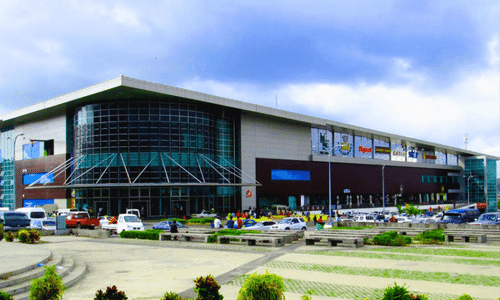University of Papua New Guinea
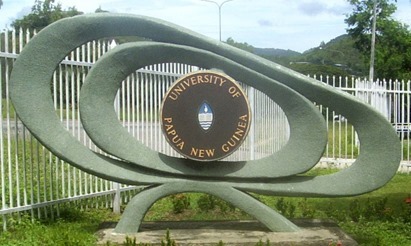
Establishment: UPNG was established in 1965 as the first university in Papua New Guinea.
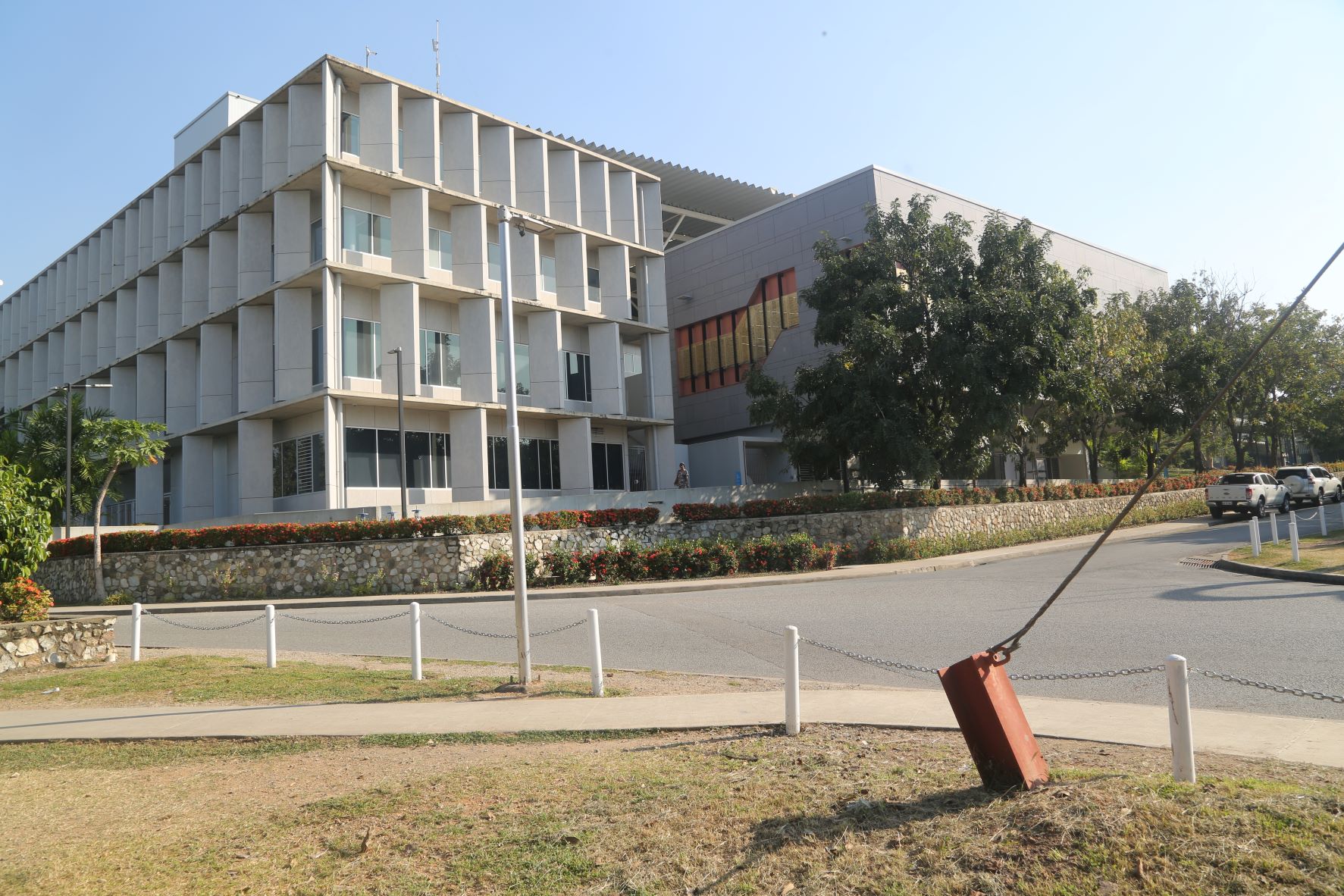
Location: The university is located in the capital city, Port Moresby, in the National Capital District of Papua New Guinea.
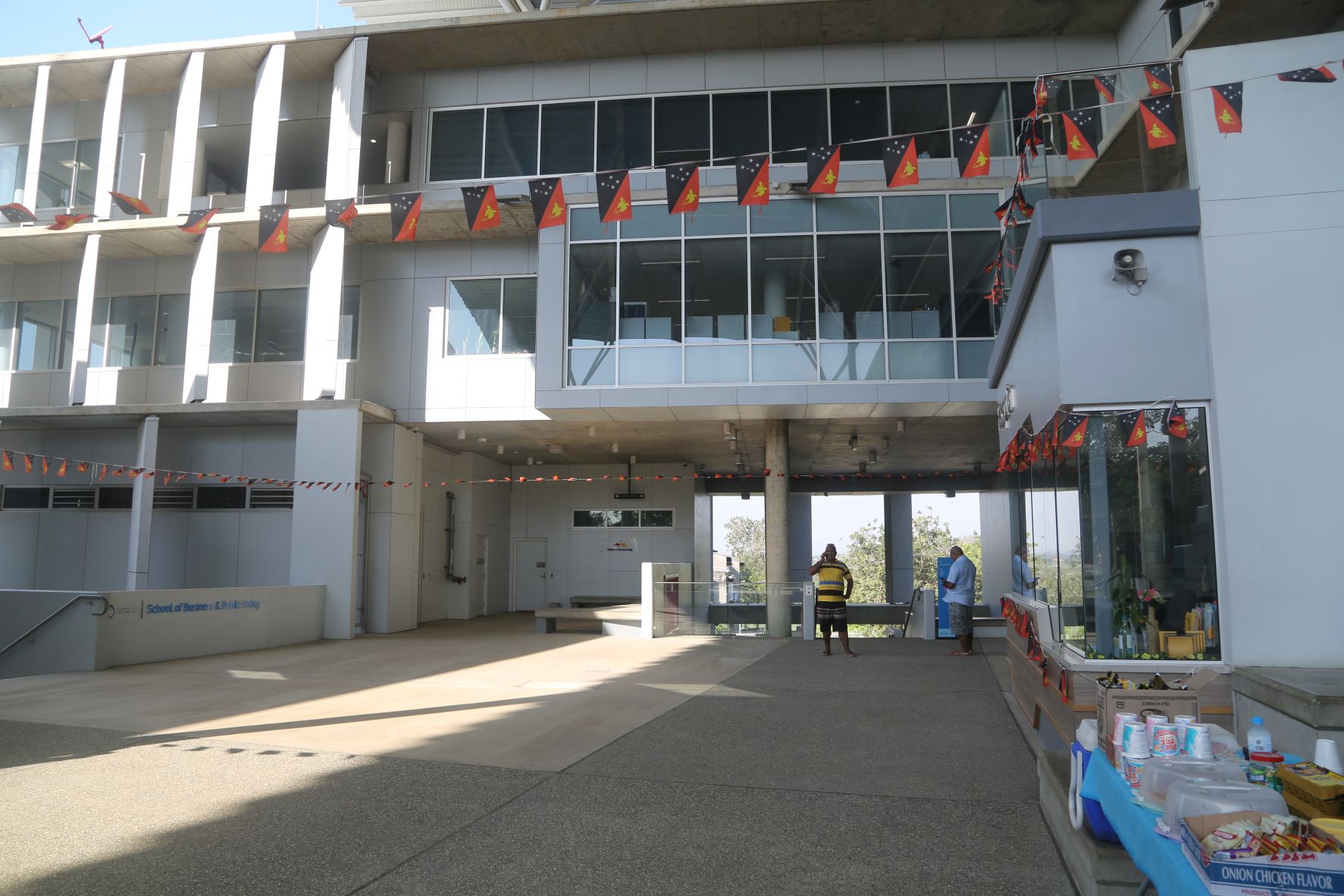
Campuses: UPNG has multiple campuses, including the Waigani Campus, which is the main campus and houses the administrative offices and most of the academic faculties. The Taurama Campus is home to the School of Medicine and Health Sciences.
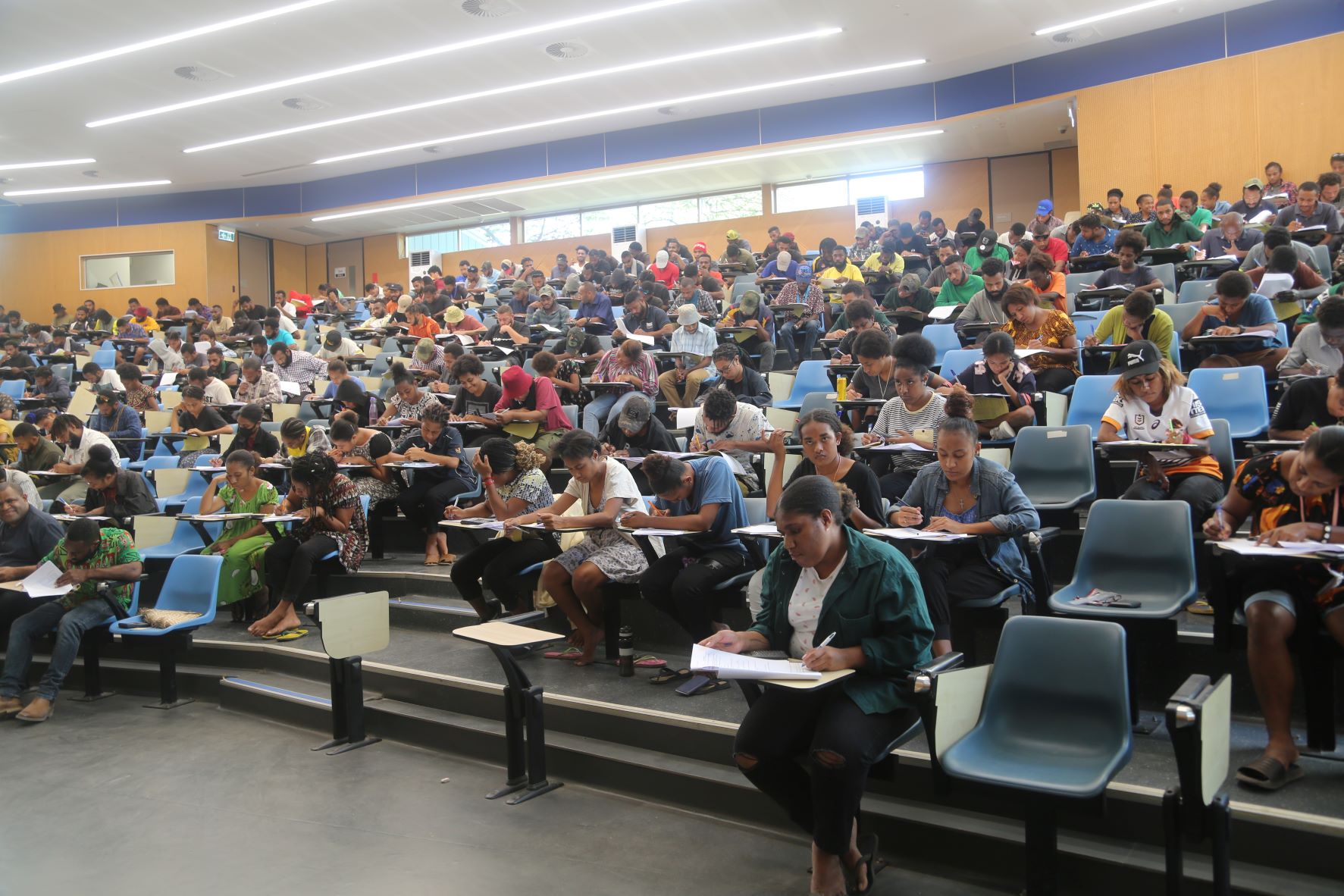
Academic Programs: UPNG offers a wide range of undergraduate and postgraduate programs across various disciplines, including natural and social sciences, law, business, medicine, education, humanities, and more.

Research Centers and Institutes: The university has several research centers and institutes that focus on areas such as agriculture, biodiversity, governance, development, and social issues. These centers contribute to research and development in Papua New Guinea and the Pacific region.
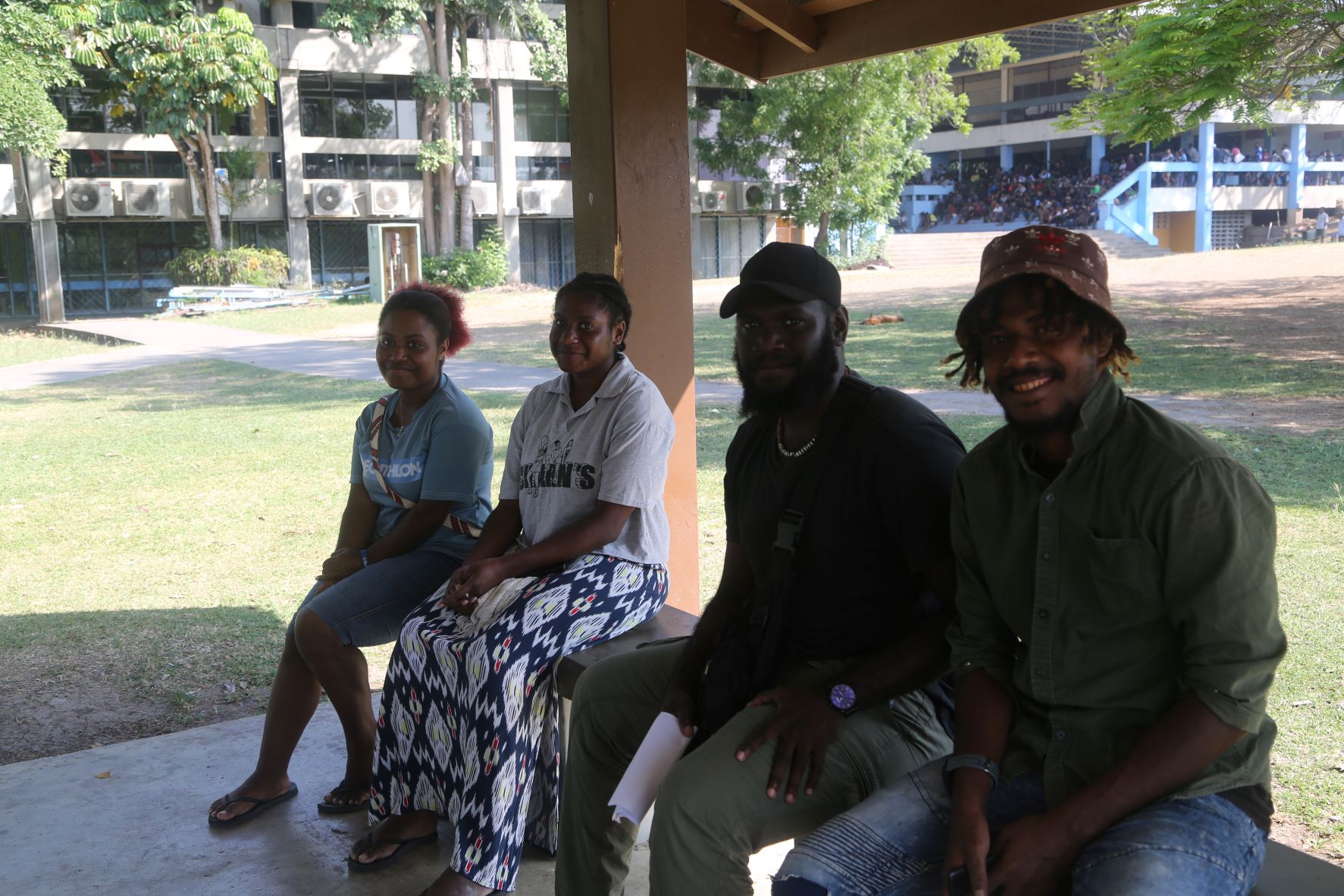
Student Body: UPNG has a diverse student population, with students coming from different provinces of Papua New Guinea and other countries in the Pacific region. It also attracts international students from around the world.
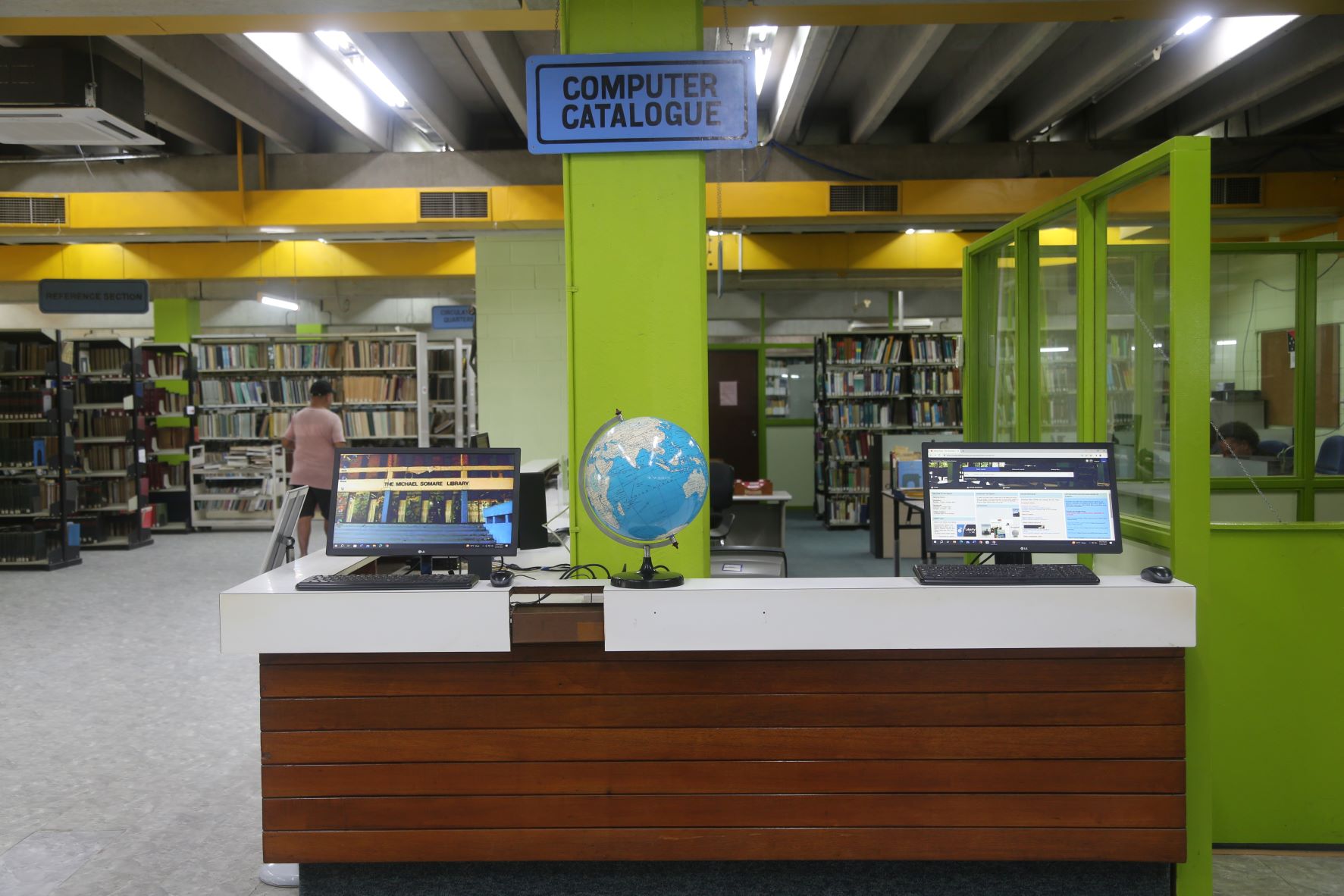
International Reputation: UPNG is recognized as a leading institution of higher education in the Pacific region. It has collaborations and partnerships with universities and research institutions globally, contributing to its international reputation.

Cultural Diversity: Papua New Guinea is known for its rich cultural diversity, and UPNG reflects this diversity in its student body and academic programs. The university celebrates and promotes cultural exchange, awareness, and understanding.
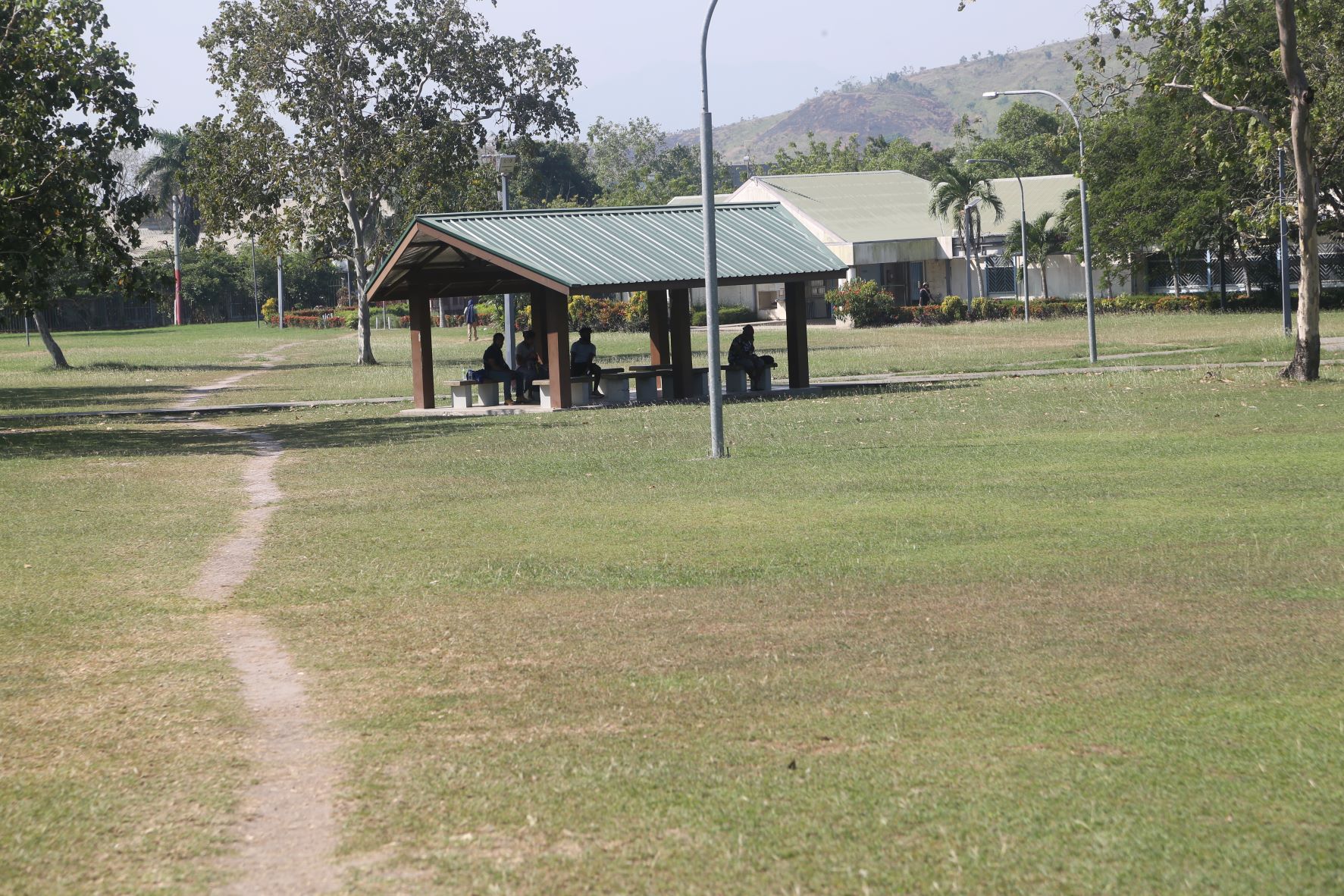
Contribution to Society: UPNG plays a vital role in the development of Papua New Guinea by producing graduates who contribute to various sectors, including government, business, education, healthcare, and more. The university also engages in community outreach programs and initiatives.
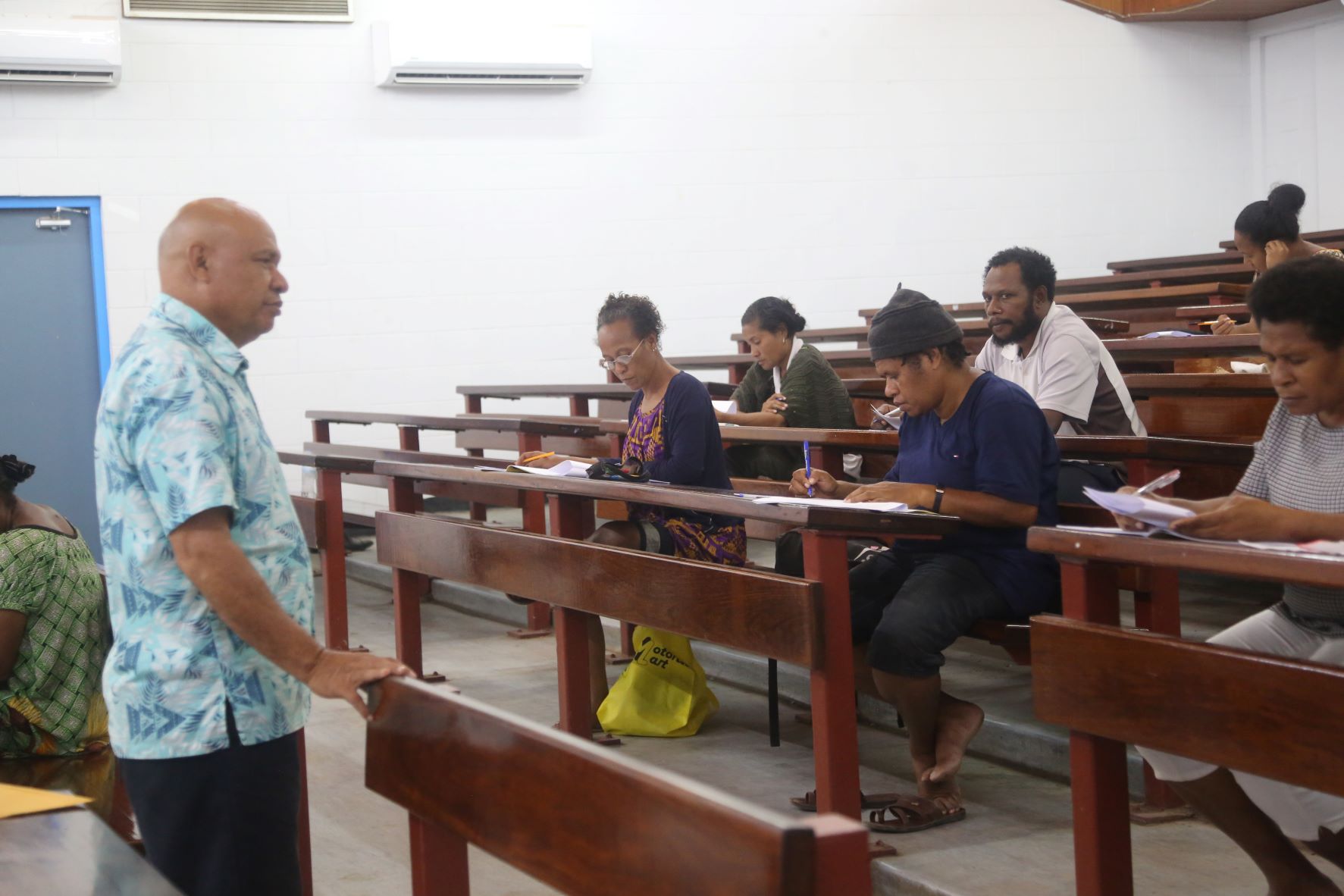
Challenges and Opportunities: Like many institutions, UPNG faces challenges such as funding constraints, infrastructure development, and adapting to changing educational needs. However, it also presents opportunities for growth and innovation in areas such as sustainable development, indigenous knowledge, and technology integration.

